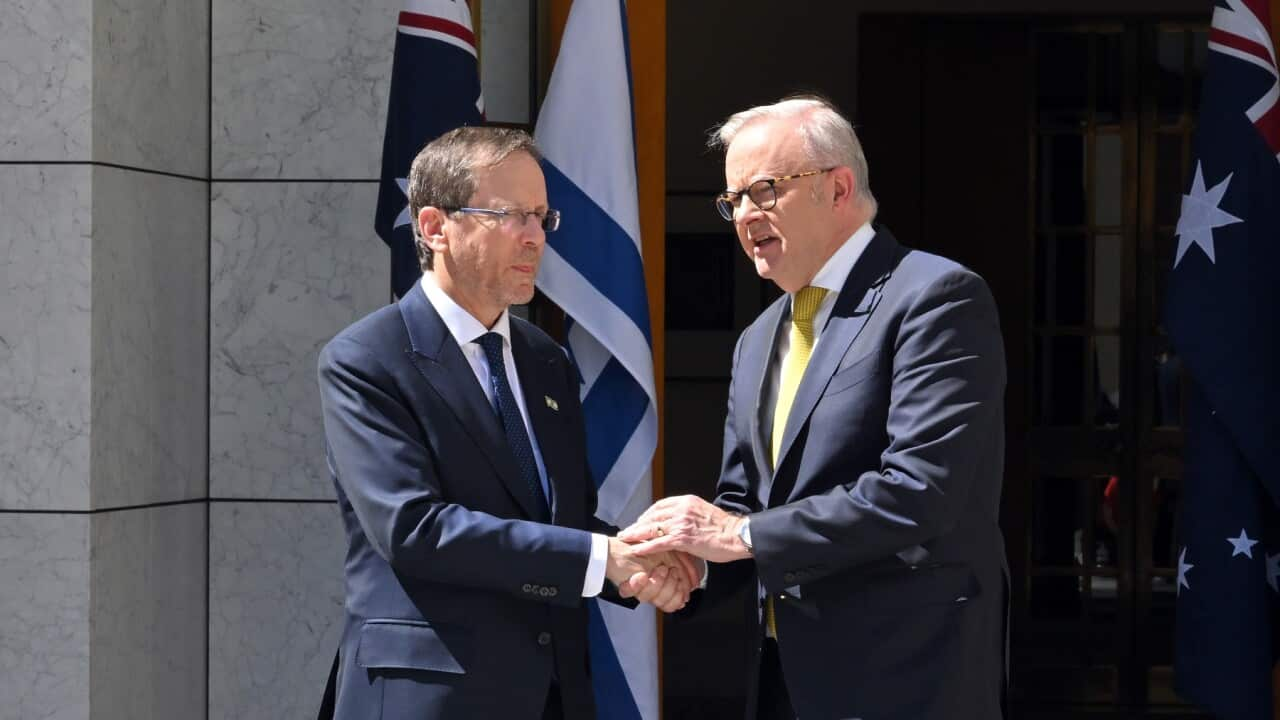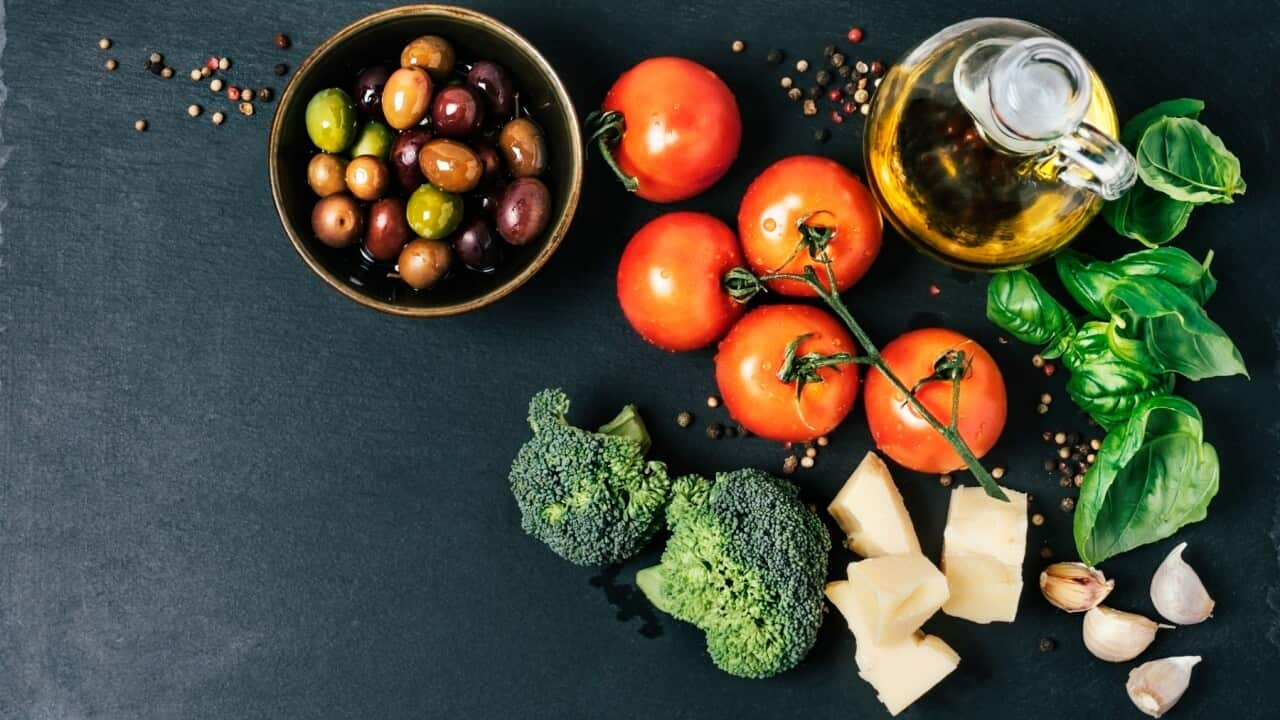The Treasury and Department of Home Affairs report shows skilled migrants add one percentage point to Australia's GDP every year. The study also shows skilled migrants increase productivity and add $7 billion to tax contributions.
Mary Patetsos, from the Federation of Ethnic Communities' Councils of Australia, praised the findings.
"This is a really positive contribution to the discussion around population and migration, and it affirms the view of many that migration has, in fact, contributed to our economic, social and cultural wellbeing."
The Australian newspaper reported last week that the annual permanent migrant intake was forecast to drop by more than 20,000 - down from 190,000. That drop, which would bring levels down to those similar to the end of John Howard's government, is largely due to tighter vetting rules introduced by the Immigration Department in 2015. And there is debate within the current Turnbull government over whether to cut immigration levels.
Dr Liz Allen, from the Australian National University's Centre for Social Research and Methods, says that would be a bad idea.
"The optimal intake based on the available evidence of net overseas migration sits around 160,000 to 210,000 a year. So we're striking the right balance. Any change, either increasing or lowering migration, should be in accordance with evidence. And I would caution anyone calling for a drastic change to migration that in changing the migration intake outside those bounds of the optimal intake could send Australia into a recession."
The report was commissioned last year, and found the current migration program would add between 0.5 and 1 percentage point to annual average GDP growth between 2020 and 2050, by limiting the economic impact of an ageing population.
Skilled migrants granted permanent visas in 2014-15 were estimated to have a lifetime net contribution of $6.9 billion to the budget, while family migrants granted permanent visas that year were estimated to have made a $1.6 billion contribution.
But refugee and humanitarian migrants have a lifetime net cost to the budget, of $2.7 billion.
Dr Allen says nevertheless it's important Australia continues to accommodate refugees and humanitarian migrants.
"Australia is in a current position where the public discourse is such that we're not terribly accommodating to people that look different to the average. And if we look to the data that's included in reports today, we can see that certainly, and if we look to the census we can see that certainly our migration intake is changing. It's moving from the so-called white migrant to a more diverse migrant intake."
The report also says migration overall improves the commonwealth's fiscal position, since migrants are likely to contribute more to tax revenue than they claim in social services or other government support. But the report warns that a solution needs to be found to prevent existing pressures - on infrastructure, housing, congestion and the environment - intensifying.
Ms Patetsos says migrants' financial contribution helps Australia improve.
"I also think it's really important that we invest in infrastructure for our population, I mean our cities are requiring new infrastructure in terms of housing, roads, capabilities for people to go to school, education systems that can cope. I mean we need to invest in the things that make our communities work, and that public infrastructure investment is not just for new arrivals or migrants, it's for everyone, all of us here. So that, I think, with a planned population or migration policy will make sure that Australia thrives."
Ms Patetsos explains that services, too, are critically important to helping new migrants build a successful life in Australia.
"If people are embracing, if structures enable your children to go to school, if they enable you to learn the language, if they enable you to get a job, get a first job and a first home, I think all of those things make for a really successful settlement. We want people to be feeling part of Australia, to integrate into a really well-functioning community, and not to sit on the fringe and watch the rest of us do what we do. So the quicker we do that, the more they become part of our community, our neighbours, and our colleagues. We have seen success occur, and I think we know how to do it in Australia, so why wouldn't we just do more of it?"




